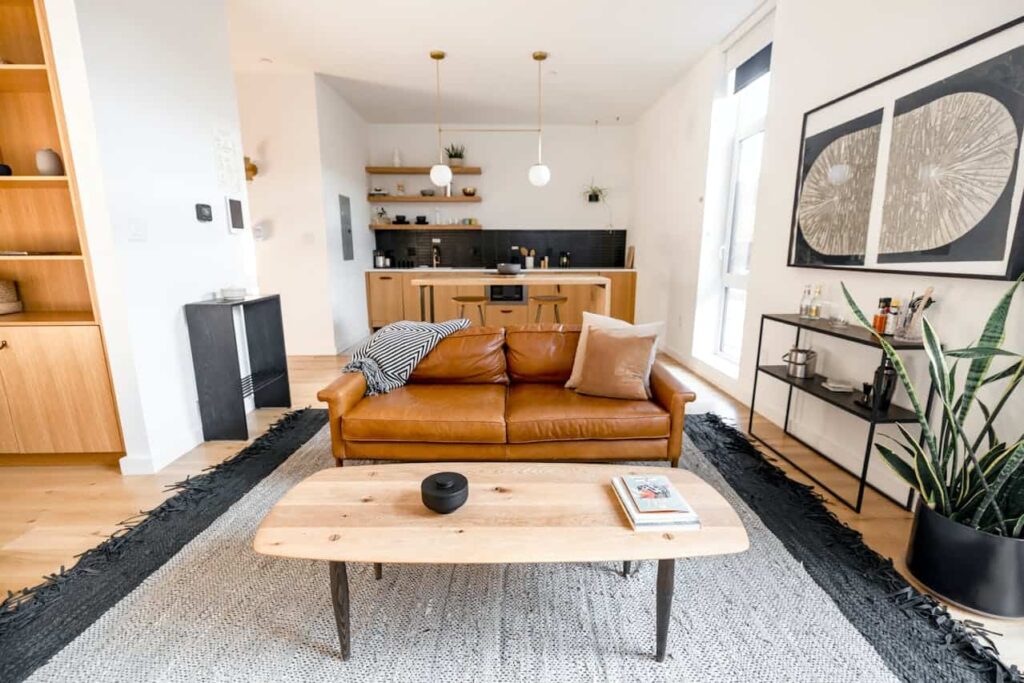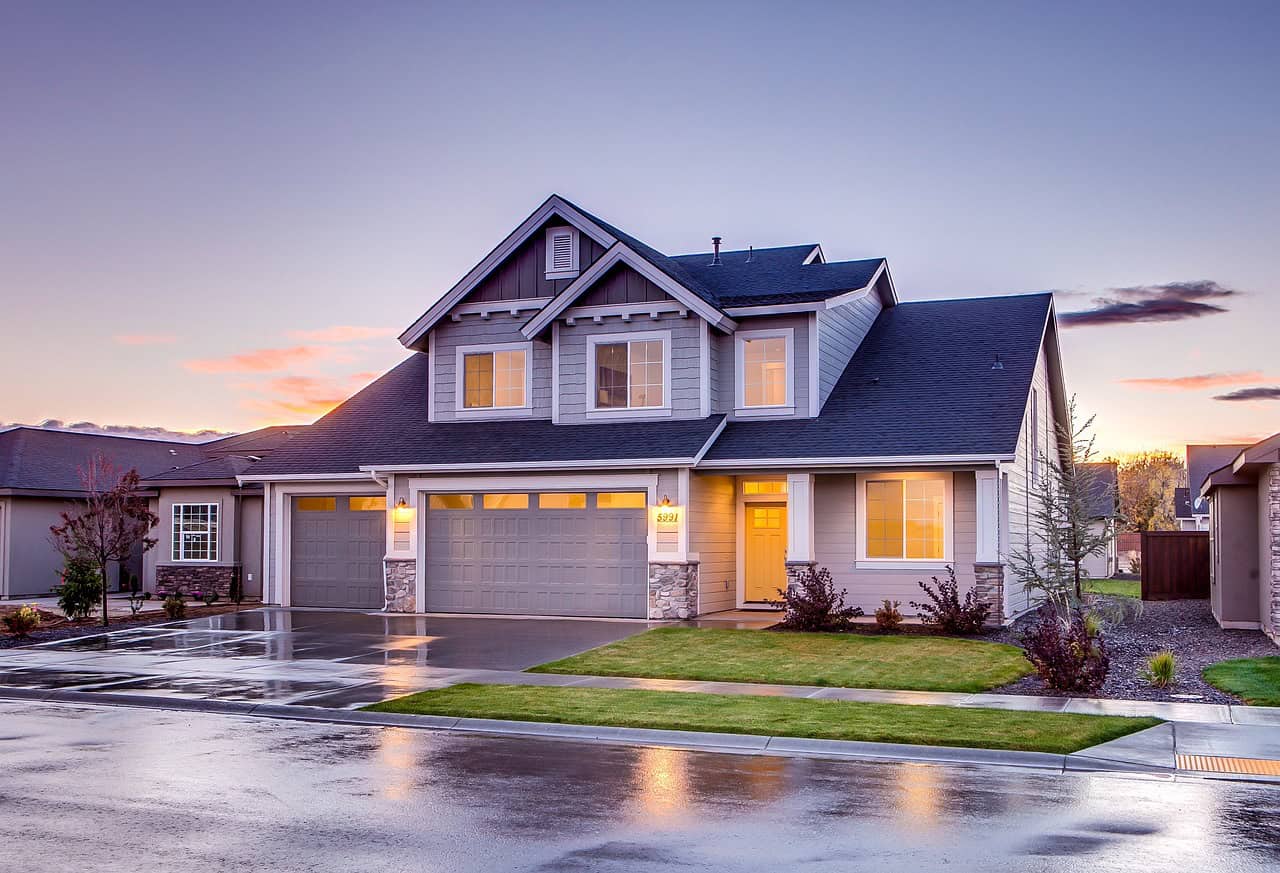With Airbnb, homeowners can make money on their houses in new ways — supplemental income and flexibility. But if you have a mortgage, you may wonder: Can I Airbnb my house if I have a mortgage? Unfortunately, the answer is not always accurate and can depend on factors like your loan agreement, local laws, and financial situation.
Important Steps and Considerations about Airbnb house
In this post, we’ll explain the considerations and steps before you list your mortgaged property on Airbnb.
1. Check Your Mortgage Agreement
You made a legal deal with your lender when you got a mortgage. The restrictions included in this contract also often dictate how you can use the property. A standard mortgage agreement stipulates that the home has to be your main home and does not allow for commercial activities such as short-term rentals.
Key Points to Review in Your Agreement:
Occupancy Requirements: Property must be owner-occupied amongst some lenders, too.
Prohibited Uses: All you do is look for clauses that limit commercial or short-term rental activity.
Permission Requirements: Some agreements allow short-term rentals but require your lender’s approval.
However, check your mortgage paperwork for clarification or call your lender directly.
2. Learn strict Local Laws and Regulations.
If your mortgage does allow short-term rentals, that doesn’t mean your local laws will. Problems such as zoning, noise, and housing affordability issues can be addressed in several cities and municipalities in the presence of Airbnb and other short-term rental platform regulations.
Steps to Stay Compliant:
Check Zoning Laws: Make sure it is zoned to allow for the use of your property as a short-term rental.
Apply for Permits: Short-term: Some cities require short-term rental permits or licenses.
Comply with Tax Rules: As Airbnb income, you are taxed, regardless of state and local taxes.
Violating local laws could result in fines or worse.
3. You have to notify your Homeowners Insurance Provider.
However, most standard homeowners’ insurance policies don’t cover damages or liabilities related to short-term rentals. If you plan to list your property on Airbnb, you must modify your policy or buy extra coverage.
Insurance Options:
Short-Term Rental Insurance: Some providers cover Airbnb hosts specifically.
Host Protection Programs: Airbnb mortgage covers a limited number of risks but may not cover all of them.
If anything goes wrong during a guest’s stay, you could stand to suffer many financial losses without adequate insurance.

4. Look into Your Homeowners Association (HOA) Rules
If an HOA covers your property, you’ll want to review its rules and regulations. Most HOAs restrict—or severely limit—short-term rentals to keep community standards high and avoid disturbances.
Common HOA Restrictions:
- Rentals with minimum rental periods (e.g., 30 days or longer).
- The number of properties allowing short-term rentals is capped.
- Rules specific for guest parking and access.
- Permitting homeowners to paint without expressly giving them written consent is a definite no.
5. You have to evaluate the Financial Implications.
Having extra income through Airbnb mortgage can be lucrative, but it does cost extra and presents a risk. Mortgage holders, you need to think about how short-term rentals will affect your finances.
Financial Considerations:
- Higher Costs: Hosting guests costs money to clean, repair, locate vacancies, provide utilities, and furnish.
- Tax Implications: Short-term rental income is taxed, which may affect your deductions.
- Mortgage Impact: Getting additional income from Airbnb might impact your capacity to refinance or even take a loan.
However, it’s best to hire a financial advisor or a tax expert so they can explain how it affects your finances.
6. Communicate with Your Lender
Airbnb is still an option if your mortgage agreement doesn’t limit it. But some lenders can be persuaded to renegotiate terms or permit exceptions where rentals are only short term.
How to Approach Your Lender:
Tell them in advance what’s about to go sold.
Make it possible for the mortgage to carry an additional income as well.
Show that you’re doing the right things to minimize risks, like buying enough insurance and obeying local laws.
You can save yourself from a potential conflict by getting their approval, though lenders may charge fees or require additional documentation.

7. Create a Business Plan for Hosting
Before you ever list your property, plan out a wide ranging one that will give you a successful and compliant hosting experience.
Key Elements of Your Plan:
Pricing Strategy: Use research to determine the competitive pricing.
Guest Policies: Ask the children clear house rules and expectations.
Operational Plan: Then decide how you’re going to clean, including check ins and communicating with the guest.
With a well thought out plan it will also simplify the hosting process and prevent you from making costly mistakes.
8. Evaluate Long Term Impacts On Property Value
When you list your property on Airbnb, there are ramifications for future value. Although it may seem nice to make money, having many new guests who use the property might wear it down and make it less than optimal.
Potential Impacts:
- Increased Maintenance Needs: Over time, it might cost more money to repair a frequently rented property.
- Market Perception: If you decide to sell, properties known for short-term rentals might be overlooked by traditional buyers.
You’ve got to balance short-term profits with long-term property health.
9. Read About Every Hosting Requirement On Airbnb
Of course, Airbnb house has requirements and recommendations for hosts. Learn about their terms of service and get to know your listing.
Important Factors:
- Quality Standards: You cannot maintain a high rating without communication, cleanliness, and attunement to the guests’ needs.
- Cancellation Policies: Pick a cancellation policy that works for you and the potential guest.
- Safety Measures: Get housing basics like smoke detectors, fire extinguishers, and emergency contacts.
Helping you stay aligned with Airbnb’s policies will make for a better hosting experience and your reputation.
Conclusion
Now that we have that out, can you Airbnb your house if you have a mortgage? Whether you can or not depends on your mortgage agreement, local laws, and other factors such as insurance, HOA rules, etc. If you do in-depth research and take the appropriate action, you can circumvent these problems and make your property into a successful short-term rental.
However, disregarding the rules can result in monetary penalties, legal problems, or problems with your mortgage lender. You’re never guaranteed to understand the laws, which change frequently, so always consult with professionals, including your lender, a legal advisor, and a tax expert, to be sure you’re making informed decisions.
However, Airbnb hosting is rewarding, but it must be planned and meet all legal and financial obligations. Done right, it can transform your property into a valuable source of income.
Read more About Step-by-Step Guide: How to Put House with Mortgage in Trust

1 thought on “Can I Airbnb My House if I Have a Mortgage? A Expert Guide You Should Read”